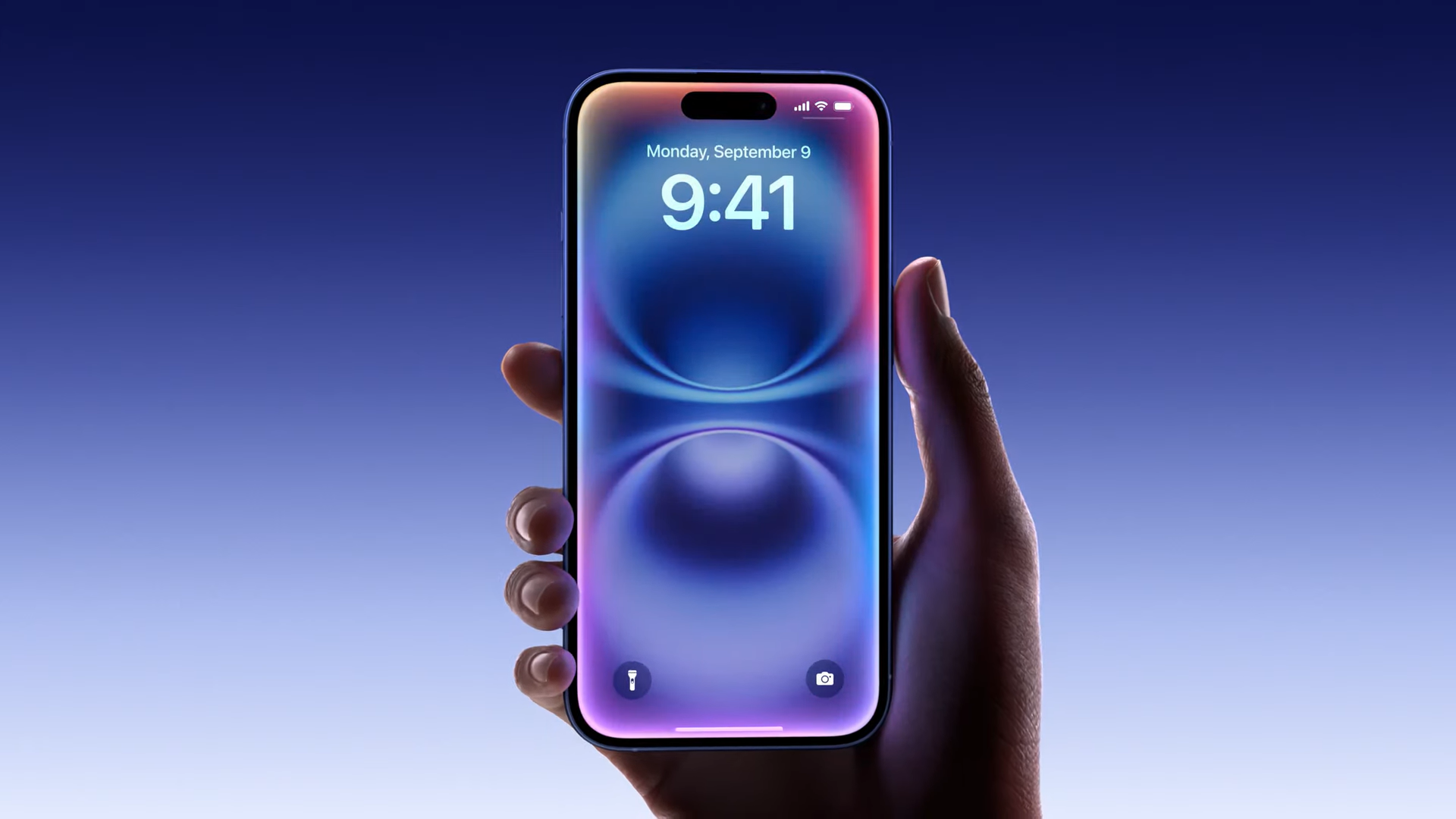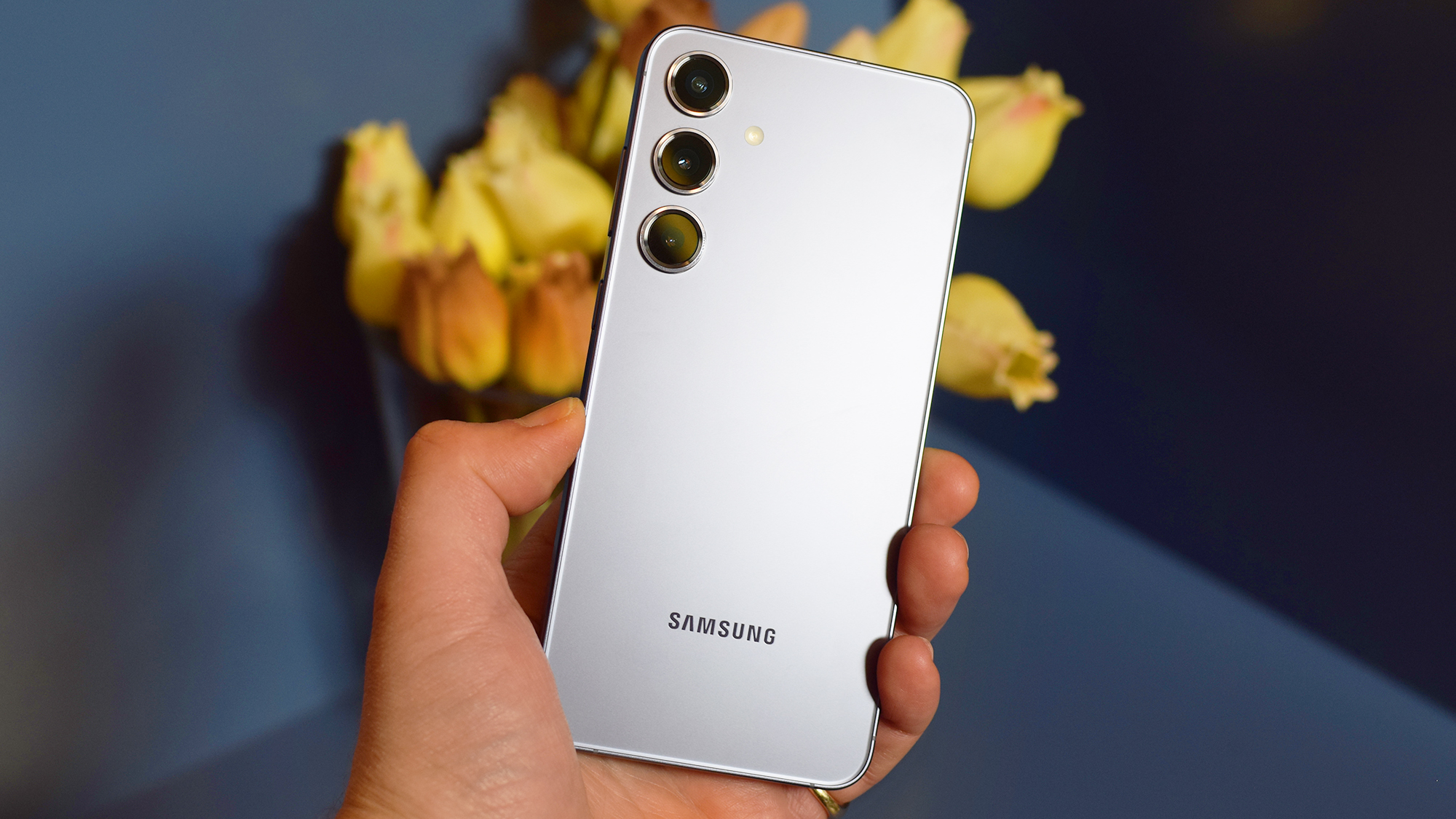Apple tipped to add vapor chamber cooling to the iPhone 17 to prevent overheating
The latest iPhone 17 rumor suggests the four phones are going to feature a next-level cooling system.

- The iPhone 17 series could add vapor chamber cooling
- It would reduce overheating and improve performance
- The iPhone 16 has had fewer heat issues than the iPhone 15
While the launch of the iPhone 17 is still some way out, there's already plenty in the way of leaks and rumors to get stuck into – such as a report that the new smartphone series will get a vapor chamber cooling system to head off any overheating issues.
This comes from supply chain sources speaking to MyDrivers (via Wccftech), and their prediction is that all four models will get vapor chamber heatsinks. It's something we've seen in numerous Android phones, including the Samsung Galaxy S24.
We have seen a few complaints about overheating with the iPhone 16, though the issue doesn't seem to be anywhere near as widespread as it was with the iPhone 15, with some users seeing the problem persist for several months.
This is reflected in the report from MyDrivers, which says heat management has been improved on the iPhone 16 but adds that there are still lingering issues, particularly with the A18 Pro chipset fitted inside the iPhone 16 Pro and iPhone 16 Pro Max.
What's a vapor chamber anyway?

You can think of vapor chambers as next-level cooling for smartphones (and other gadgets). They contain small amounts of liquid that evaporates when it heats up, before cooling and condensing to release the heat.
The addition of liquid means heat can be carried away from overloaded components – chiefly the phone processor – more efficiently. These chambers do take up more room than conventional cooling systems, though, which may be why Apple hasn't used one before.
If chipsets can stay cooler they're less likely to crash, and they can hit higher performance levels more often; the principle is the same in a phone as it is in a desktop computer. It should mean the iPhone 17 handsets can offer big improvements in speed.
We can expect lots more in terms of upgrades when the iPhone 17 series arrives later this year, including upgrades to the cameras, a subtle redesign, and perhaps a brand-new model called the iPhone 17 Air.









/cdn.vox-cdn.com/uploads/chorus_asset/file/25530683/Screenshot_2024_07_14_at_6.17.45_PM.png)
/cdn.vox-cdn.com/uploads/chorus_asset/file/25829977/STK051_TIKTOKBAN_B_CVirginia_C.jpg)









